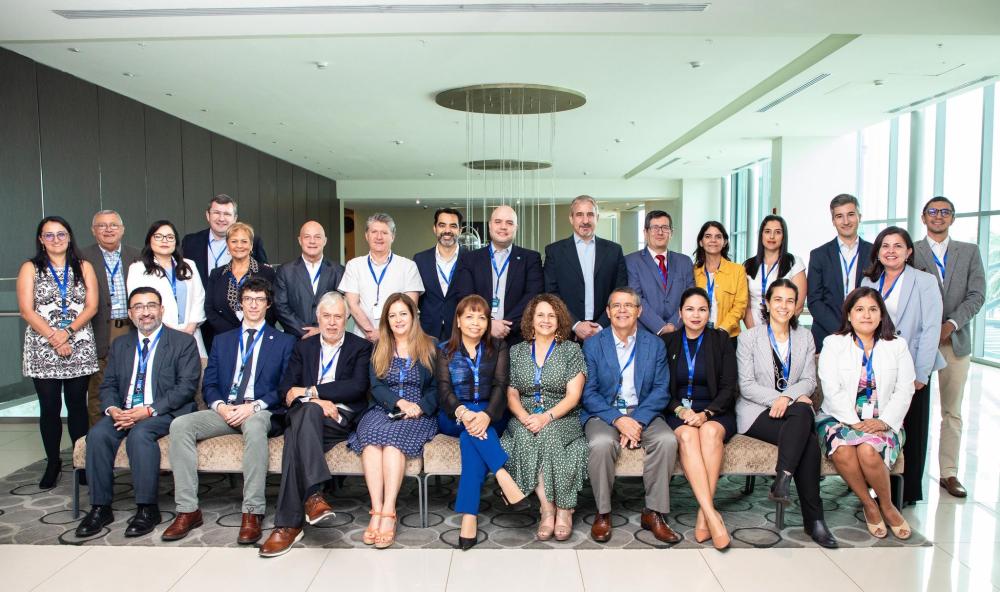Discussions in this neutral and independent space will also seek to improve the technical quality and relevance of research on agrifood trade in the Americas and strengthen capacities to provide technical guidance and policy recommendations to governments and the private sector.

Panama City, 18 May 2023. The Inter-American Institute for Cooperation on Agriculture (IICA), the Inter-American Development Bank (IDB) and the Food and Agriculture Organization of the United Nations (FAO) joined forces to launch the Latin American and Caribbean Network of Agrifood Trade Experts (RECA), with a view to strengthening the agenda and creating a forum for knowledge and experience sharing on this issue in the region.
Discussions in this neutral and independent forum will also seek to improve the technical quality and relevance of research on agrifood trade in the Americas; strengthen capacities to provide technical guidance and policy recommendations to governments and the private sector; and improve communication and information exchange on trade policy matters at all levels.
The researchers and specialists from all three agencies who participated in the first RECA meeting, held in Panama, sought to identify solutions that would facilitate increased international agrifood trade to bolster food security and economic development.
Daniel Rodríguez, Manager of IICA’s International Trade and Regional Integration Program, stressed that these actions in collaboration with FAO and IDB are aligned with IICA’s activities in this area. The aim is to improve market access and trade policy implementation, and at the same time to identify and capitalize on trade opportunities provided by existing trade agreements and regional integration processes.
“The initiative falls under one of the FAO’s work priorities with respect to developing resilient agrifood systems, by driving and strengthening intraregional and global trade, actions that include support for the development of an international integration agenda for agrifood trade”, explained FAO Trade and Agri-Food Systems Officer, Pablo Rabczuk.
On the other hand, Paolo Giordano, Principal Economist in the Trade and Integration Sector of the IDB, emphasized that support for competitive insertion in global and regional agricultural markets is a priority for the Bank, and that strengthening public and private sector capacities is key to that strategy. He pointed out that, “Supporting the network of experts in association with specialized international agencies in this way contributes to our mission to improve lives in the region”.
More information:
Institutional Communication Division.
comunicacion.institucional@iica.int











